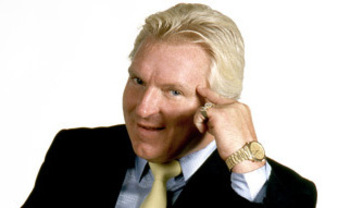It was an ethical lapse on his part, but is it really worse scientific integrity-wise than making conclusions with hidden data?dead man walking wrote:nice job ignoring his ethical failures in disclosing sources of funding
Judith Curry gets it:
https://camirror.wordpress.com/2009/11/ ... -research/But the broader issue is the need to increase the public credibility of climate science. This requires publicly available data and metadata, a rigorous peer review process, and responding to arguments raised by skeptics. The integrity of individual scientists that are in positions of responsibility (e.g. administrators at major research institutions, editorial boards, major committees, and assessments) is particularly important for the public credibility of climate science. The need for public credibility and transparency has dramatically increased in recent years as the policy relevance of climate research has increased. The climate research enterprise has not yet adapted to this need, and our institutions need to strategize to respond to this need.
Moar Curry:
http://dotearth.blogs.nytimes.com/2009/ ... mode=printWhat has been noticeably absent so far in the ClimateGate discussion is a public reaffirmation by climate researchers of our basic research values: the rigors of the scientific method (including reproducibility), research integrity and ethics, open minds, and critical thinking. Under no circumstances should we ever sacrifice any of these values; the CRU emails, however, appear to violate them.
Don't forget that the paper which suggested a causal link between the MMR vaccine and autism was peer reviewed, published in one of the most respected medical journals in the world, rereviewed by the institution that funded the science, and pronounced sound for a dozen years.
There's a difference between good science and marketing campaigns.
[youtube]http://www.youtube.com/watch?v=RRgnZcoNk_Q[/youtube]

